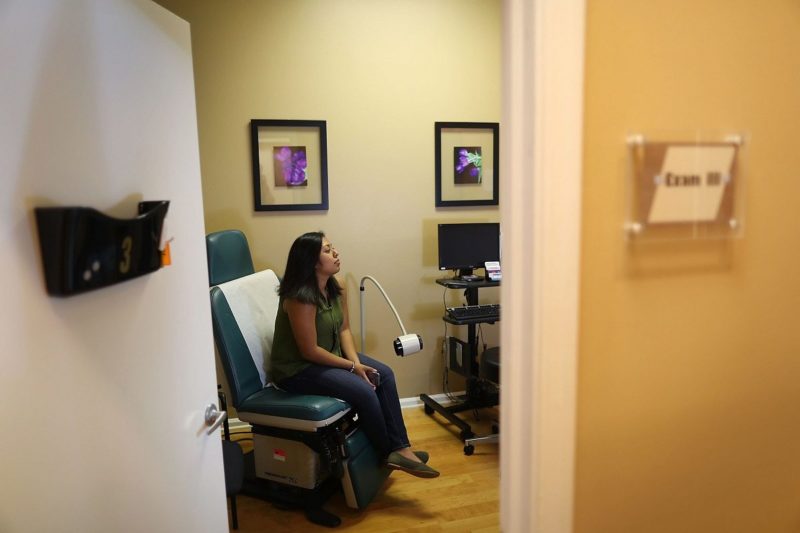House GOP: Eliminate Family Planning Services for Low-Income Families
Republicans have long wielded the appropriations process against Title X. This effort marks the latest House GOP attempt to do away with the program.

Republicans have long wielded the appropriations process against Title X. This effort marks the latest House GOP attempt to eliminate the program. The House did not release a draft Labor-HHS proposal the two years in which it escaped the GOP’s wrath.
Title X-subsidized providers serve a diverse population of people with low incomes. Of the four million Title X patients, 30 percent self-identified as Black or African American, Asian, Native Hawaiian or Pacific Islander, or American Indian or Alaska Native; 32 percent self-identified as Hispanic or Latino; and 13 percent had limited English proficiency, according to U.S. Department of Health and Human Services (HHS) data from 2015.
